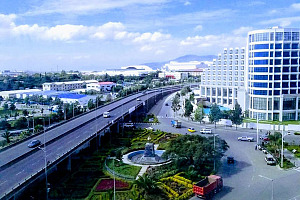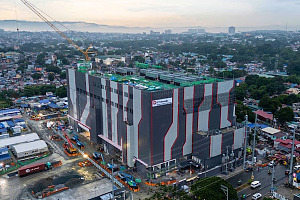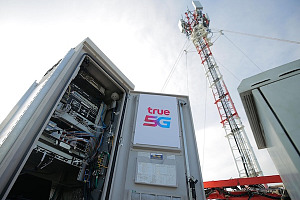India’s Department of Telecom (DoT) has approved all 8 applications to participate in the upcoming spectrum auctions, but has disallowed certain operators from bidding for pan-Indian spectrum.
Vodafone and Reliance Communications (RCom) in particular have respectively been prevented from bidding in 7 and 8 of the country’s 22 telecom circles. Tata Teleservices meanwhile cannot attempt to bid for spectrum in the Delhi circle.
RCom has been shut out of the 8 circles in which its subsidiary Reliance Telecom provides GSM services. These are Assam, Bihar, Himachal Pradesh, Kolkata, Madhya Pradesh, North East, Orissa and West Bengal. Vodafone meanwhile is not allowed to bid in Assam, North East, Bihar, Himachal Pradesh, Jammu & Kashmir, Madhya Pradesh and Orissa.
The other 5 participants – Aircel, Bharti Airtel, Idea Cellular, Reliance Jio and Telewings – can bid for spectrum in any of the country’s telecom circles. Bidding is likely to be frenzied as various current licences are due to expire this year. In addition, reserve prices have been dramatically reduced since previous auctions.
The government’s decision not to extend the validity period for current licences essentially forces several operators - including Bharti, Idea and Vodafone – to participate in the auction if they wish to continue offering services. This applies to the more reliable 900MHz band in particular, and accordingly this band is more coveted.
However, new proposals from Indian regulator TRAI (Telecom Regulatory Authority of India) will mean that the auction outcome is not set in stone, as operators will be able to trade spectrum without governmental permission. The proposals cover all spectrum awarded in or after 2010, or bought at market value from the government.
Operators will be required to notify the relevant authorities of any spectrum transfer deals 6 weeks prior to the trade taking place. They will only need to pay a 1% transfer fee, which will be calculated based on either the price at which the spectrum is sold or the market value.
However, transfers will have certain limitations. Operators will not be able to obtain spectrum that equates to more than 25% of their total holding, nor will they be able to take control of more than 50% of the spectrum within a particular band or telecom circle. In addition, transferred spectrum must then be retained for two years before it can be resold.


























